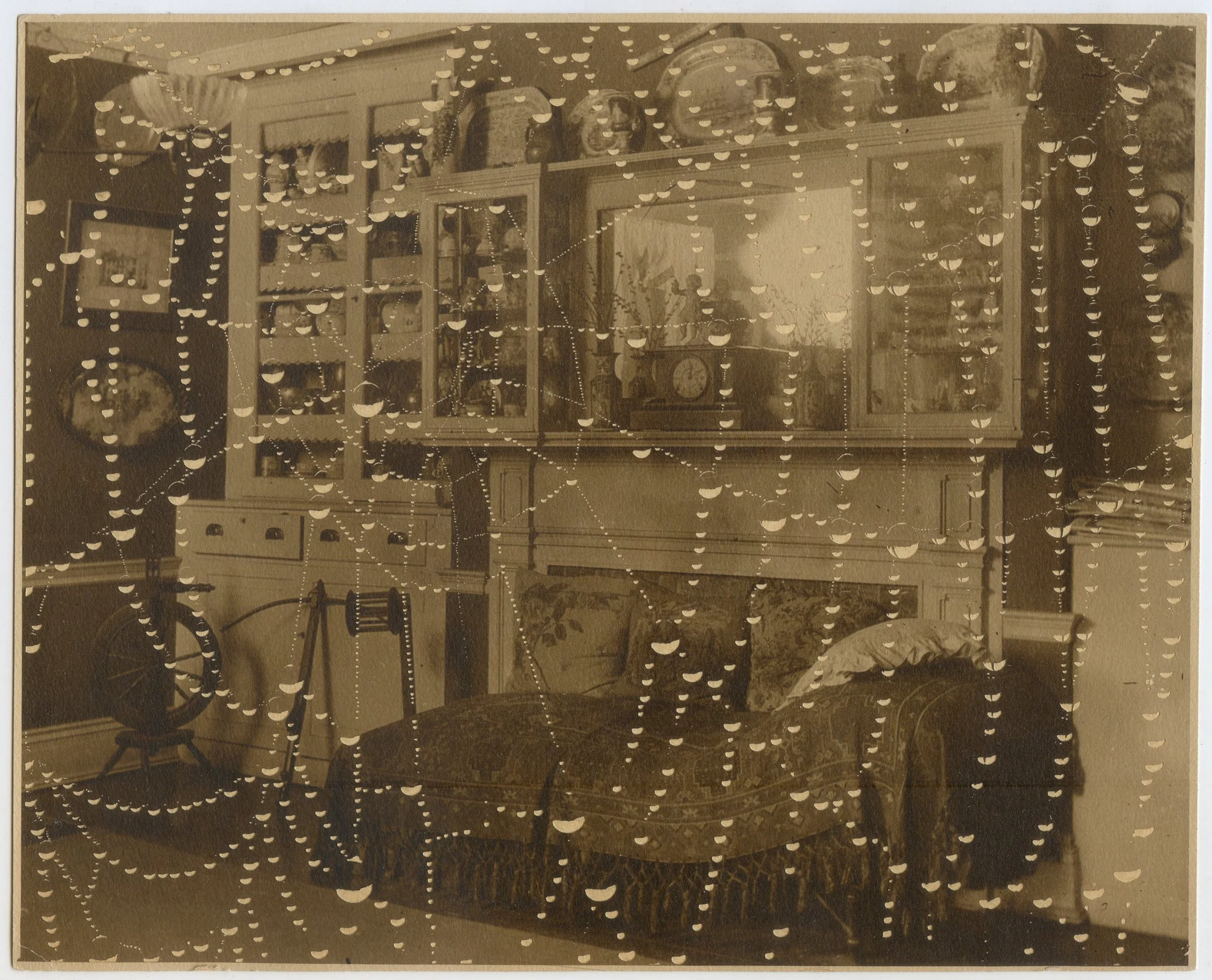“The Fluttering of Small Wings” and Other Poems
By Jhio Jan Navarro. Translated by Eric Abalajon
Translator’s Note
Jhio Jan Navarro’s poetry, and the contradictions it explores, is largely rooted in his home province of Negros Occidental, in the Philippines, a place known for its sugar industry whose establishment could be traced back to the Spanish and American colonial regimes. Aside from documenting the hardships of peasants and the injustices against them, Navarro has also taken a more abstract approach in which the rhythms of animal life serve as a refraction of human experiences. In these three poems about insects, one can glimpse the aspiration for meaning and beauty amid precarity and violence.
PAGASPAS NG MGA MUNTING PAKPAK
Lagi kong inaabangan
ang pandanggo ng mga alitaptap
sa pagi-pagitan ng mga dahon at sanga
ng aratiles at mangga.
Lalo na sa tuwinang
kumakapal ang dilim at hindi
naililihim kung bakit sa pagsapit
ng hatinggabi ay marami
ang nalalagutan ng hininga.
At bagama’t hindi maaninag,
may katiyakan ang pagaspas
ng munting mga pakpak
sa paglutang ng mumunting kudlit
ng kutitap sabay sa ihip-alon ng amihan.
Binubutas ang kapal ng dilim
sa bitbit na maninipis na silahis ng liwanag.
Hinuhubog, inuukit sa mga hugis
na walang pangil, walang tulis.
THE FLUTTERING OF SMALL WINGS
I often anticipate
the dance of fireflies
between the leaves and branches
of the aratiles and mango trees.
Especially when
the darkness thickens and it is
no longer a secret why at the
strike of midnight many
suddenly ran out of breath.
Even if they can’t be seen,
there is certainty to the
fluttering of small wings
in the appearance of small dots
of light along with the current of the wind.
Piercing through the thickness of darkness
with the thin blades of light that they carry.
Molding, sculpting shapes
without fangs, without sharp edges.
HINDI NAGPATIWAKAL ANG GAMUGAMO
Kung manulak ang dilim
tila tiyak ang pagkahulog mula
sa silyang pinatarik ng lubid.
Kung manghatak ang liwanag
tila langit ang pagitan
ng kisame’t sahig.
Walang pagpapatiwakal.
Sadyang naipit lamang ang gamugamo
sa gitna ng lagablab at anino.
THE MOTH DIDN’T KILL ITSELF
When the dark pushes it is
as if falling is certain from
the chair erected by rope.
When the light pulls it is
as if heaven is the space
between the ceiling and the floor.
There is no suicide.
It just so happens that the moth
is caught between the blaze and the shadow.
LANGIT NG SALAGUBANG
Matapos ipitin at itali ang pakpak upang
paglaruan hanggang di na makakilos, makalipad,
saan napupunta ang kaluluwa ng mga salagubang?
Matapos alugin at mahulog mula sa mga sanga’t dahon
ng mangga at igisa upang ulam sa pananghalian,
may langit ba silang madaratnan?
May isang napadpad malapit sa pinto
noong nakaraan. Inakalang ipis ng kapatid kong tatlong
taong gulang, tsinelas ang naging kapalaran.
Ang ipis? Hayaan na ang ipis sa mga sulok at siwang.
Ang tula ay tungkol sa langit ng mga salagubang.
HEAVEN OF THE BEETLE
After being trapped and tying its wings in order
to be played with until paralyzed, unable to fly,
where does the soul of the beetle go?
After shaken up and falling from the branches and leaves
of the mango tree, and stir fried to be a viand for lunch,
is there a heaven for them to arrive in?
There’s one that came near the door,
recently. My three-year-old sibling thought
it was a roach, a slipper became its fate.
The roach? Leave the roaches alone in the corners and cracks.
This poem is about the heaven of beetles.
Jhio Jan Navarro hails from the island of Negros in the Philippines. Translations of his poems have appeared or are forthcoming in Modern Poetry in Translation, Asymptote, and Poetry Northwest. He is currently based in Panay, working as an instructor at the University of the Philippines Visayas.
Eric Abalajon’s translations have appeared in Circumference Magazine, The Polyglot, Exchanges: Journal of Literary Translation, and Tripwire: a journal of poetics. His debut poetry collection Invitation To See The Leaves Outside is forthcoming from FlowerSong Press. He lives near Iloilo City, Philippines.



“Like the man who wears a vest saying negotiator in a hostage situation, I want one that says prioritizer.” Three poems by Satya Dash.